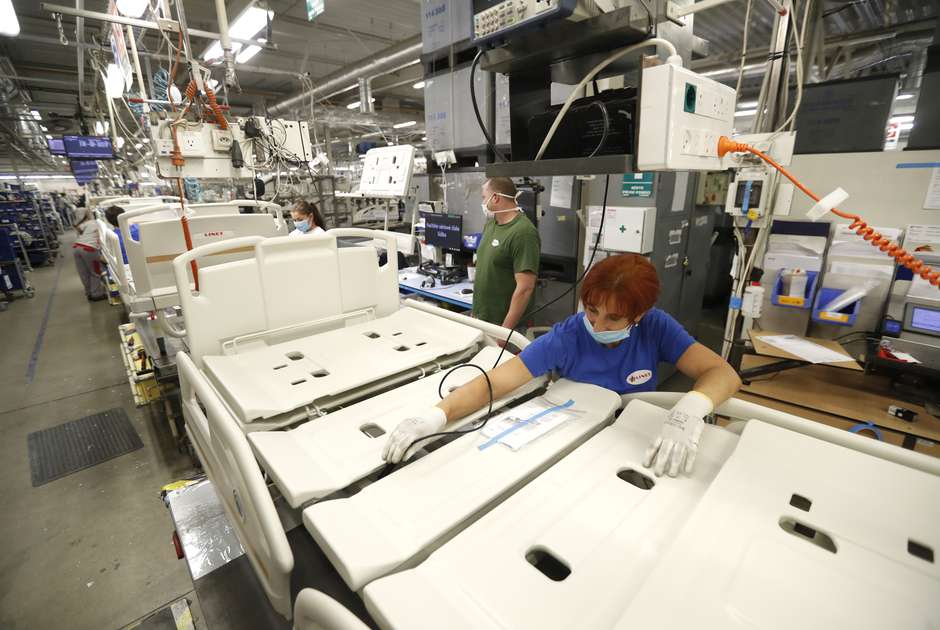What do you think Eric Klien.
A universal basic income worth about one-fifth of workers’ median wages did not reduce the amount of effort employees put into their work, according to an experiment conducted by Spanish economists, a sign that the policy initiative could help mitigate inequalities and the impact of automation.
Providing workers with a universal basic income did not reduce the amount of effort they put into their work, according to an experiment conducted by Spanish economists, a sign that the policy initiative could help mitigate inequalities and debunking a common criticism of the proposal.
Examining a universal basic income worth about one-fifth of workers’ median wages, the researchers also found that the threat of being replaced by robots did not impact workers’ productivity, nor did a tax on firms when they replace a worker with a robot or automated process, though the latter successfully created a disincentive for managers.
